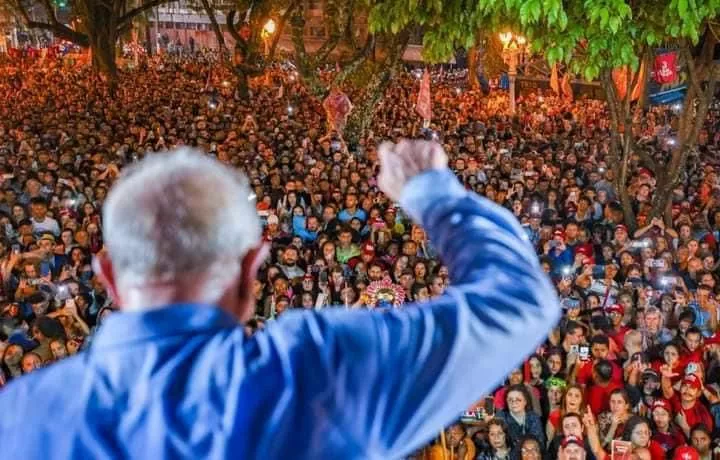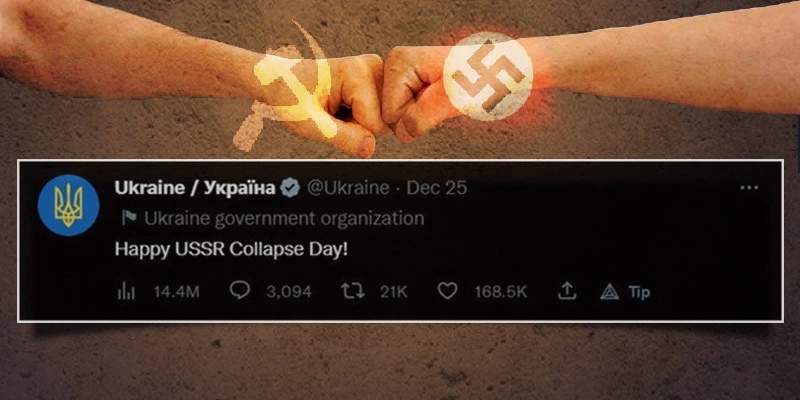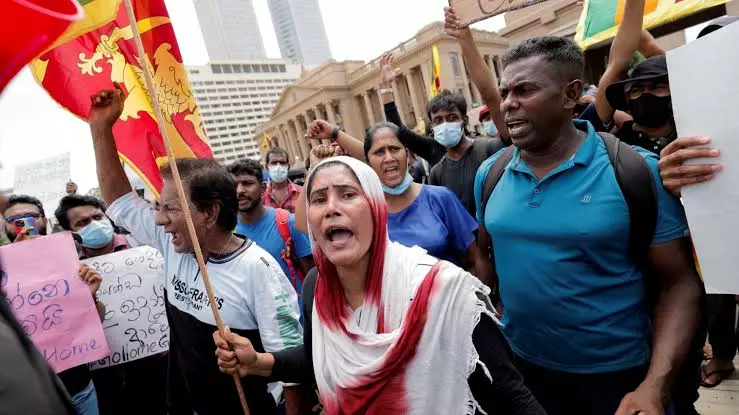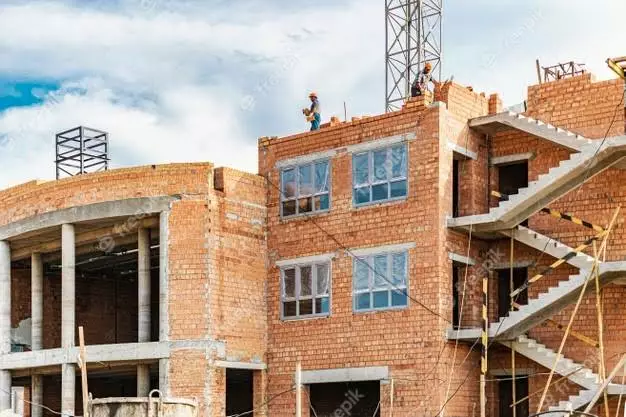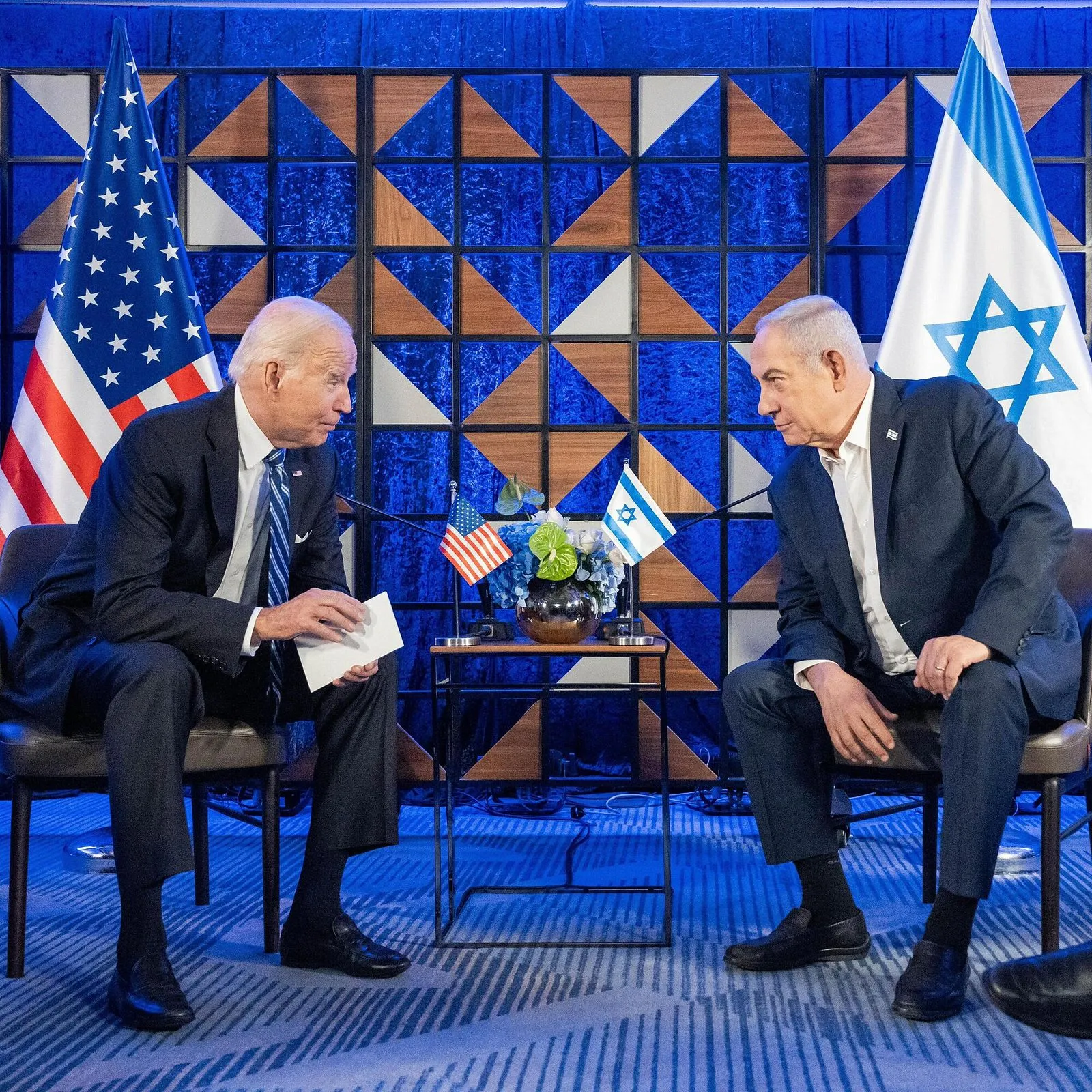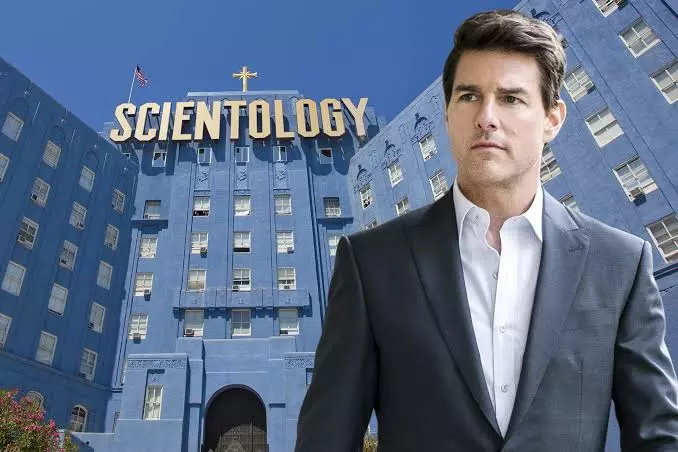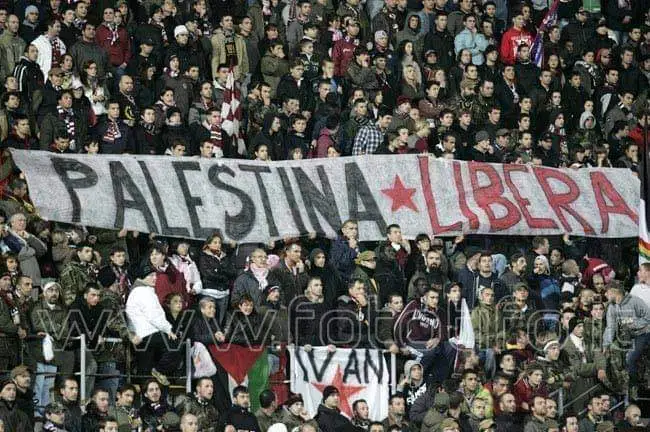The victory of Luiz Inácio Lula da Silva (popularly known as Lula) of the Workers’ Party (PT) in the Brazilian Presidential elections comes as a wind of hope and vigor amidst the right-wing resurgence and escalating economic hardships for the working people across the globe. With almost 50.9% of the votes, Lula defeated incumbent Jair Bolsonaro of the Liberal Party who got around 49.1% in the run-off election.
The results mark a remarkable comeback for Lula who just a few years ago was in jail on corruption charges which were later overturned. The elections were in a way an acid test for the left forces and movements in Brazil.
Lula's victory will certainly lead to not only halt but reverse the whole process of right wing resurgence that began with the constitutional coup against PT’s President Dilma Rousseff in 2016. The last 6 years have seen massive attacks on the hard earned social and economic rights of the working people. In fact the governments of Michel Temer (who succeeded Dilma) and Jair Bolsonaro led to erosion of all the advances made during Lula's earlier regime. In a way, these 6 years were years of counter-revolution with the forces of finance capital pushing the entire country into disarray.
Under Jair Bolsonaro, the COVID-19 pandemic ripped through Brazil, killing over 700,00 people. Bolsonaro’s tenure also saw a slashing of key welfare programs and the deterioration of Brazil’s famous health system as well as food sovereignty. The Bolsonaro presidency also saw an increase in attacks on the Amazon rainforests through deforestation which were accelerated by his relaxing environmental norms.

Bolsonaro pushed Brazil as an ally of US imperialism and worked from within to weaken the democratic setup that came into being after valiant struggles against the brutal military dictatorship between 1964-1985.Thus, this victory is certainly a big push back to the imperialist designs in the region.
Many commentators attribute Lula's victory to his "charisma" which acted as a pivot against the forces of destruction and misery represented by Bolsonaro. Such a simplistic interpretation is obvious given the ascendency of the so-called populist movements of various shades, with Lula representing an antidote to the right-wing authoritarian regime of Bolsonaro. While no one can deny the role played by the leadership of Lula in the historic struggle; the over reliance on the "individual charisma" obscures the unfolding social and class processes.
As John D. French has empirically demonstrated the rise of "the charismatic Lula'' has its roots in the historic movement of the workers of the foreign-owned automobile assembly plants in the suburban ABC region of Greater São Paulo between 1978 and 1980. Many commentators call this phase of industrial action as "new trade unionism". The "newness" of this trade union movement was precisely in the fact that even though it arose out of the most skilled and most highly paid industrial workers it quickly spread to millions of other low-skilled and low-paid workers. This phase of trade union struggle was hence able to go beyond the internal stratification within the industrial workers and acted as a working class that later went on to act as a social magnet for other sections of not only the workers, but also various stratas of oppressed.
The industrial militancy in the ABC region during late 1970s came in the face of continued military rule in the country. In order to accommodate the massive attendance—up to 60,000 workers—the union’s general assemblies were held in a local soccer stadium. And in 1980, the workers stayed out on strike for forty-one days despite the army’s occupation of the region, the closing of their union, and the arrest of its leaders.
It was this heroic organized movement of the industrial workers that shaped Lula and also the political history of the entire country for the next 40 years.
